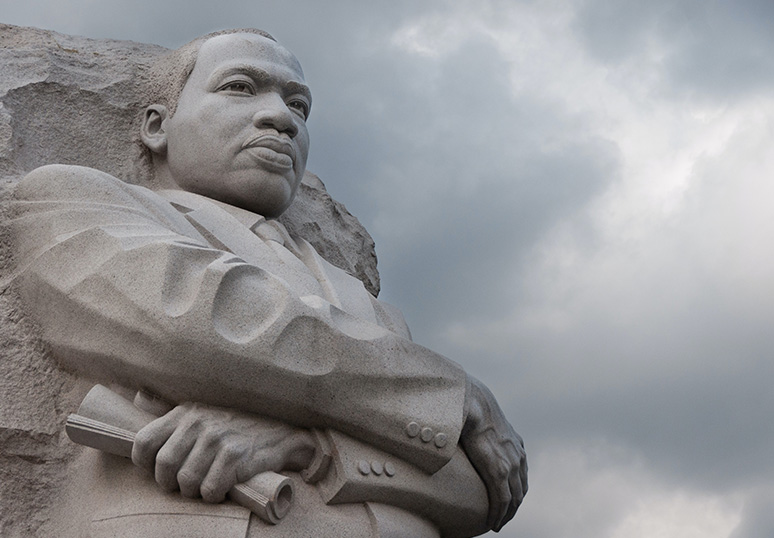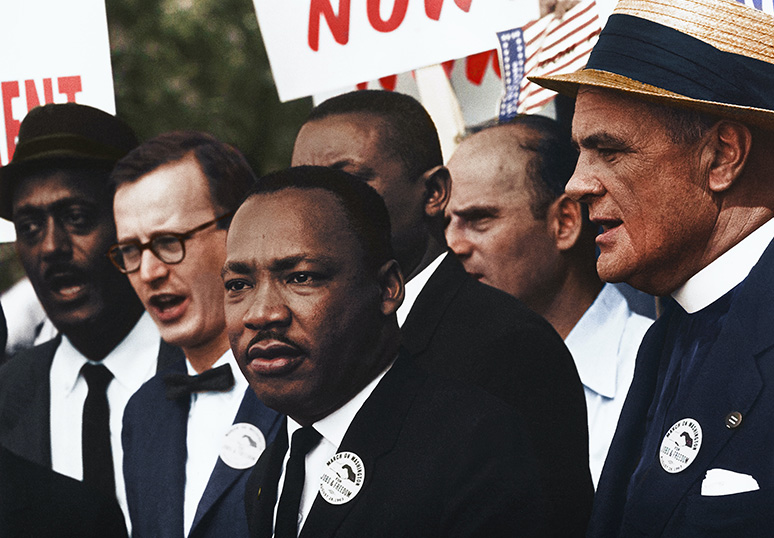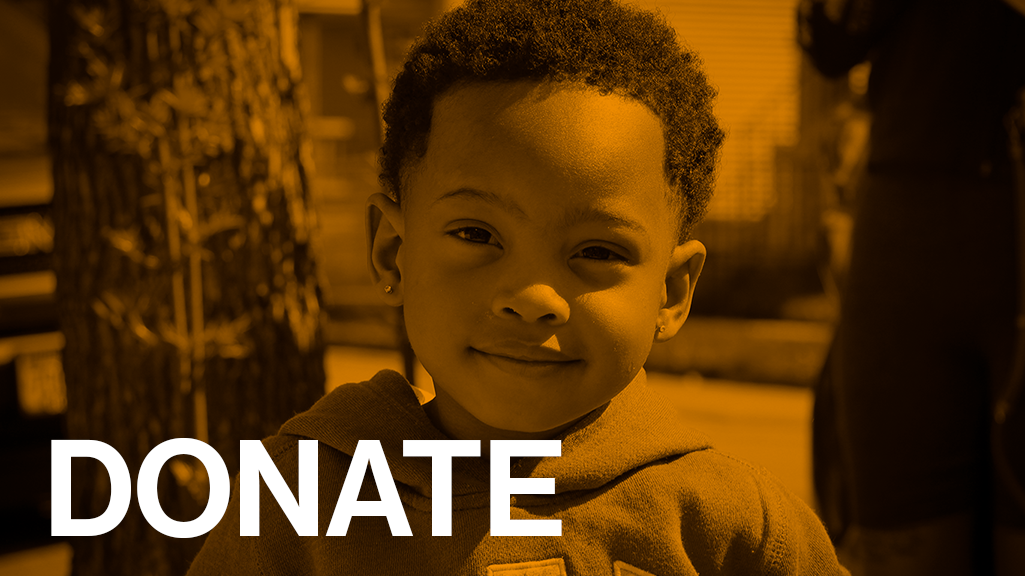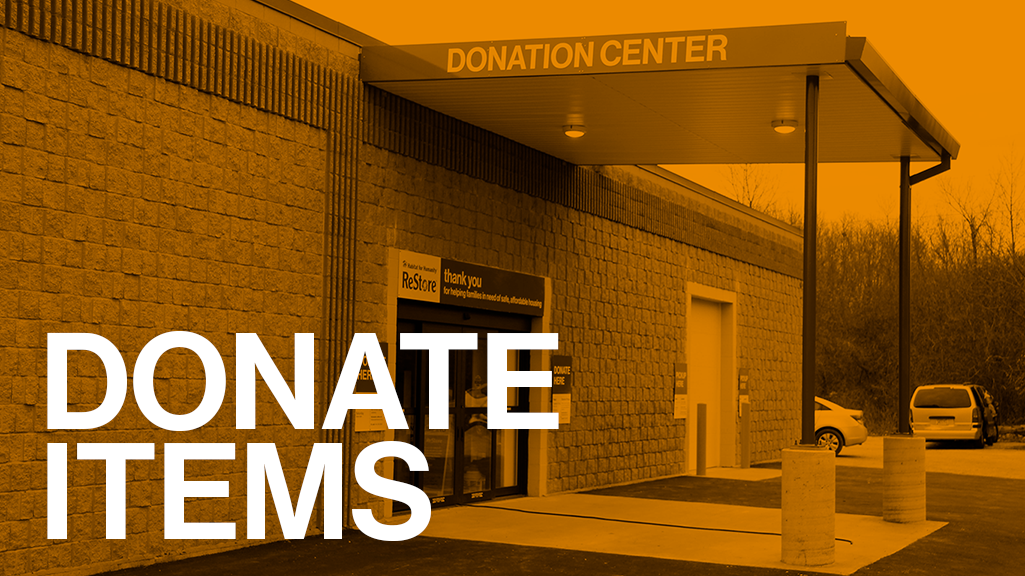
Dr. Martin Luther King Jr.’s Fair Housing Legacy
Since 1986, the United States has dedicated the third Monday in January to honor the birth of the late Dr. Martin Luther King Jr. This day, commonly known as “MLK Day,” commemorates Dr. King’s accomplishments and encourages individuals to serve and uplift their communities.
Although Dr. King is renowned as a leader of the Civil Rights Movement, his work in promoting equitable and fair housing is not as widely known. Throughout much of the 20th century, racial segregation was legally enforced, subjecting Black Americans to discrimination, intimidation, and violence that often resulted in substandard housing conditions.
Author Richard Rothstein’s book, The Color of Law, examines the local, state and federal housing policies that mandated segregation. He notes that the Federal Housing Administration, which was established in 1934, furthered the segregation efforts by refusing to insure mortgages in and near African-American neighborhoods — a policy known as “redlining.” At the same time, the FHA was subsidizing builders who were mass-producing entire subdivisions for whites — with the requirement that none of the homes be sold to African-Americans.

Dr. King recognized that housing inequality was a fundamental aspect of racial justice and equity, and he actively fought to address it. King co-led the Chicago Freedom Movement from 1965-1966, before his assassination in 1968. At that time, Chicago was one of the most residentially segregated cities, and the movement aimed to challenge discrimination in employment, education, and housing. The movement demanded “open housing” to allow Black people seeking homeownership to do so wherever they wished.
In 1966, housing activists achieved some notable victories. The Chicago Housing Authority pledged to expand public housing and implement anti-discriminatory practices, which they followed through on. This moment in history serves as an instructive lesson for housing advocates today. It highlights the importance of enacting local policies that promote equitable housing, building coalitions of diverse groups and stakeholders, and recognizing that every individual plays a vital role in forwarding the movement, no matter how big or small.
The most significant achievement of this era was the signing of the Fair Housing Act in 1968, just one week after the assassination of Dr. Martin Luther King Jr. This crucial legislation prohibited discrimination in the sale and rental of housing. Although over 50 years have passed since the signing of the Fair Housing Act, we still have a long way to go in realizing Dr. King’s vision of fair housing for all.
The most recent U.S. Census data indicates that in Milwaukee 55.8% of white households own their own homes, compared only 37.5% of Hispanic and 27% of Black households. The Community Development Alliance (CDA) – a collective of Milwaukee’s affordable housing providers, supporters, and advocates – identified a need for 32,000 additional Black and Latino homeowners to address our city’s racial homeownership gap. Milwaukee Habitat – and other housing organizations throughout the city – are partnering with the CDA to close this gap more strategically and collectively than ever before. (Read more about these partnerships in this BizTimes article.) While Habitat qualifies based on income – regardless of applicants’ race, color, or national origin (in accordance with the Fair Housing Act) – the overwhelming majority of families who’ve purchased Milwaukee Habitat homes are Black.
Aligning with the CDA’s Collective Affordable Housing Plan, we’re turning formally city-owned vacant lots in neighborhoods like Midtown, Harambee, and King Park, into brand new, owner-occupied homes. In 2023, we raised the walls of 30 new, affordable homes – a significant increase from the 20 built in 2022. We will need to work together to address our city’s racial homeownership disparity, acknowledging it’s no small order. In doing so, we recall the words of Dr. King:
“Human progress is neither automatic nor inevitable… Every step toward the goal of justice requires sacrifice, suffering, and struggle; the tireless exertions and passionate concern of dedicated individuals.”

GIVE TODAY

FIND OUT MORE

WHAT DO WE ACCEPT?

